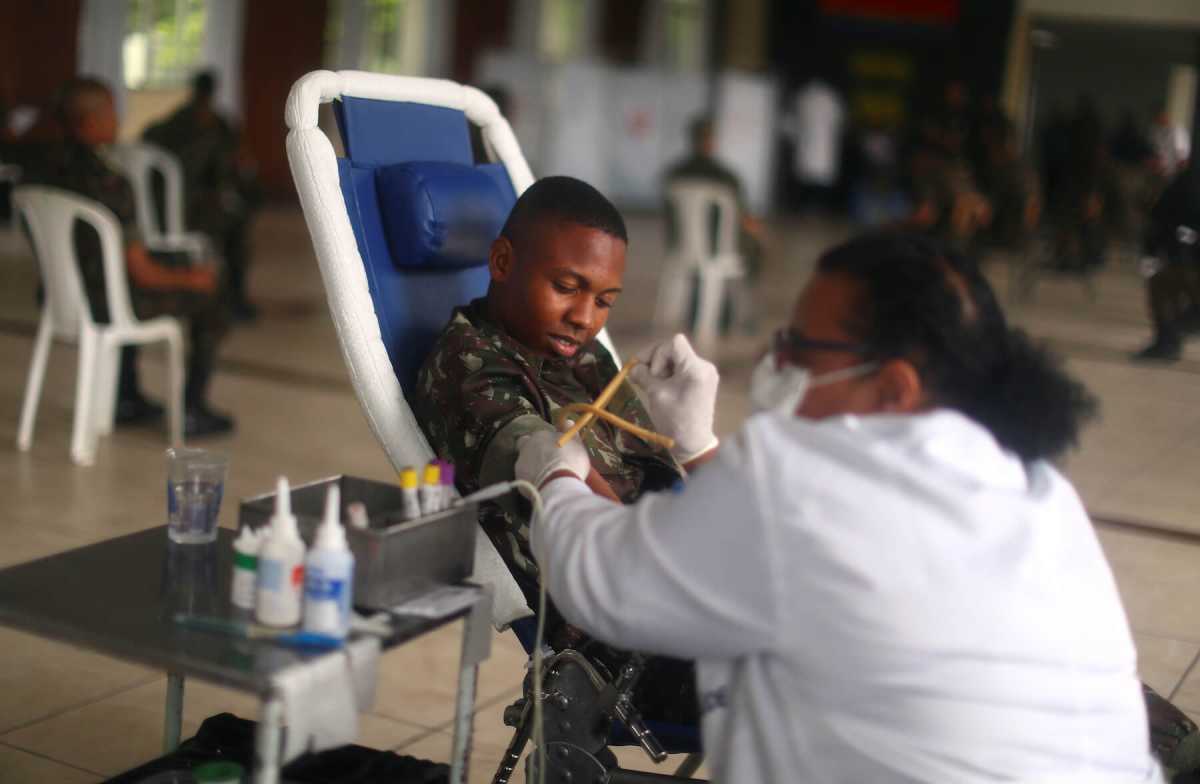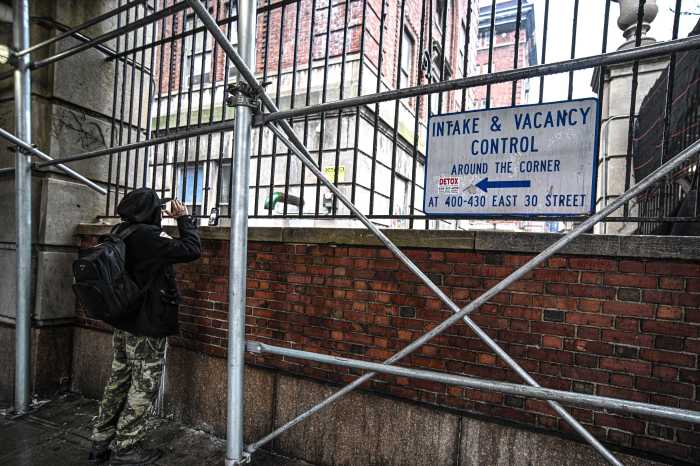Brazil’s Supreme Court struck down the nation’s ban on gay and bisexual men donating blood and Hungary removed sexual orientation from that equation entirely, allowing anyone to donate blood as long as their sexual activity is not “risky.”
Up until now, Brazil had banned gay and bi men from donating blood if they had sex within the previous year and Hungary imposed a lifetime ban. The case in Brazil persisted for four years before seven of the nations’ 11 Supreme Court justices voted in favor of gutting the ban, deeming it unconstitutional.
The Hungarian National Blood Transfusion Service announced that “all discrimination based on the gender of the participants in the assessment of sexual relationships that are risky for transmission is eliminated.”
The Hatter Society, an LGBTQ group based in Hungary, praised the changes after having encouraged government officials to move on the issue. The organization stressed that queer men in monogamous relationships are at no greater risk of HIV than a straight couple in a the same kind of relationship.
“This exclusion was completely unjustified, given the limited length of the window period,” the Hatter Society noted in a written statement. “Háttér Society has been fighting for years to stop the stigmatization and complete exclusion of a group of people (MSM) from blood donation, and to ensure that only those are excluded for the duration of the window period who do engage in risky sexual behavior.”
Inividuals whose sexual activity is considered “risky” under Hungary’s new regulations includes those who are sex workers as well as people with several sexual partners.
The developments continue the incremental unraveling of bans on gay and bi men from donating blood that first emerged in response to the HIV/ AIDS crisis in the 1980s. The United States, Northern Ireland, and Denmark have all loosened their own bans in recent months.
In the wake of blood supply shortages during the coronavirus era, the Food and Drug Administration (FDA), which imposed the American blood ban in 1983, revised the United States’ ban on April 2 to allow gay and bi men to donate blood as long as they have not had sex with another man in the last three months. The policy was first updated in 2015 when the lifetime ban was shortened to allow gay and bi men to donate as long as they abstained for the previous year.
Northern Ireland revised its ban on gay and bi blood man from one year to three months, while Denmark shortened its ban from one year to four months. Like in the US, and previously in Brazil, the new waiting periods in Denmark and Northern Ireland are contingent on queer men remaining abstinent for that timeframe.
The pressure on government officials to lift bans has grown as of late, especially during the coronavirus era. In New York, several out gay lawmakers called on the FDA to gut the ban entirely, including State Senator Brad Hoylman of Manhattan and Councilmembers Ritchie Torres of the Bronx and Daniel Dromm of Queens. A broad coalition of members of Congress also joined the chorus and added their own pressure on the federal agency.
Hoylman, in his letter to the FDA, pointed to research from the Williams Institute at UCLA Law School in 2014 that estimated that removing the American ban entirely would improve the nation’s blood supply by four percent each year and assist 1.8 million Americans in need of blood.
The issue has become particularly visible with blood banks experiencing shortages due to their regular donors staying away during the COVID-19 lockdowns. Several gay men who have recovered from the coronavirus or tested positive without showing symptoms have tried to donate blood so that their plasma with immunity antibodies can be used to treated those seriously ill with the virus. They have been rejected as donors.
To sign up for the Gay City News email newsletter, visit gaycitynews.com/newsletter.





































